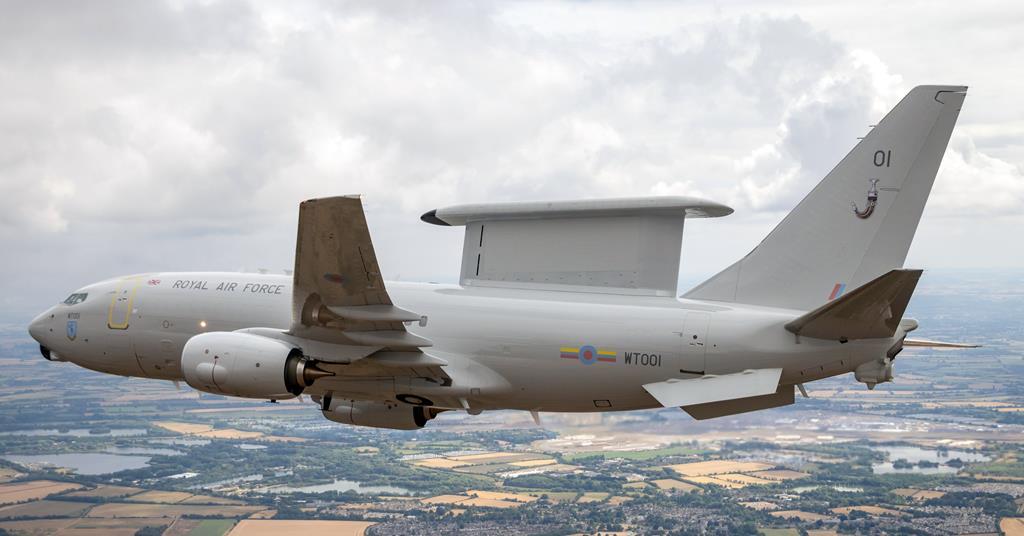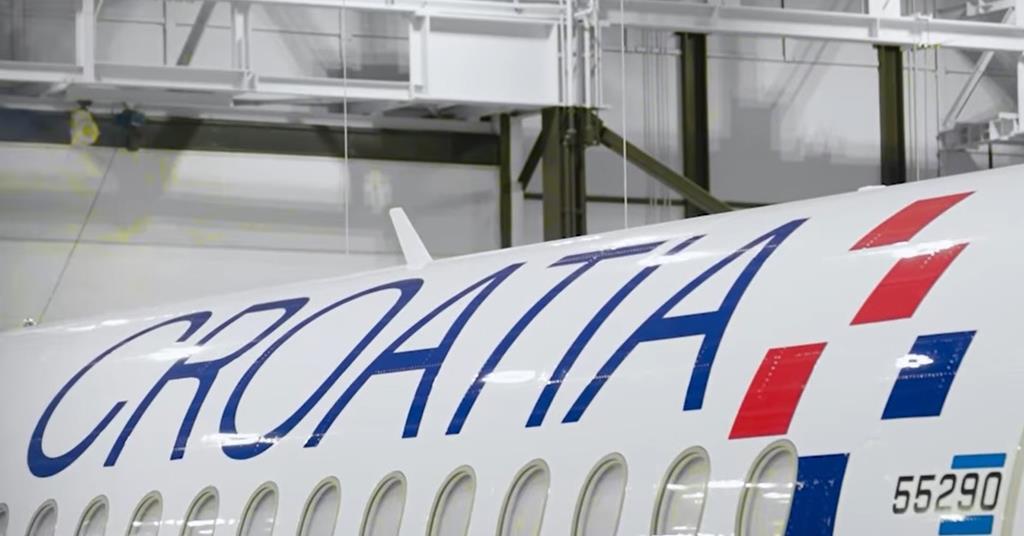UK F-35A deliveries to support pilot training from late this decade | News
Company
Legal Links
Contact
- +44 7947 753363
- contact@skylineairporttransfers.co.uk
- 6 Walsall Street Bilston Wolverhampton WV14 0AT
© Skyline Airport Transfers. Created by![]() Beaphoenix WebDesign ltd
Beaphoenix WebDesign ltd
Popular Locations:
Birmingham: Aston, Bournville, Edgbaston, Erdington, Great Barr, Hall Green, Handsworth, Harborne, Northfield, Quinton, Soho, Sutton Coldfield, Amblecote, Brierley Hill, Coseley, Cradley, Gornal, Halesowen, Kingswinford, Lye, Netherton, Sedgley, Stourbridge, Quarry Bank, Bearwood, Blackheath, Cradley Heath, Great Bridge, Old Hill, Rowley Regis, Smethwick, Tipton, Tividale, Wednesbury, West Bromwich, Balsall Common, Bickenhill, Castle Bromwich, Chelmsley Wood, Dorridge, Elmdon, Hampton in Arden, Kingshurst, Knowle, Marston Green, Meriden, Monkspath, Hockley Heath, Shirley, Aldridge, Birchills, Bloxwich, Brownhills, Darlaston, Leamore, Palfrey, Pelsall, Pheasey, Shelfield, Streetly, Willenhall, Bilston, Blakenhall, Bushbury, Compton, Ettingshall, Heath Town, Oxley, Penn, Tettenhall, Wednesfield, Burntwood, Lichfield, Cannock, Rugeley, KIDDERMINSTER, Brierly Hill,
STOURPORT-ON-SEVERN
Coventry: Allesley, Binley, Keresley, Stoke, Tile Hill
Leicester: Abbey Rise, Ashton Green, Aylestone, Beaumont Leys, Bede Island, Belgrave, Blackfriars, Braunstone, Braunstone Frith, Bradgate Heights, Clarendon Park, Crown Hills, Dane Hills, Evington, Evington Valley, Eyres Monsell, Frog Island, Goodwood, Hamilton, Highfields, Horston Hill, Humberstone, Humberstone Garden, Kirby Frith, Knighton, Mowmacre Hill, Netherhall, Newfoundpool, New Parks, North Evington, Northfields, Rowlatts Hill, Rowley Fields, Rushey Mead, Saffron, Southfields, South Knighton, Spinney Hills, Stocking Farm, Stoneygate, St. Matthew’s, St. Mark’s, St. Peters, Thurnby Lodge, West End, West Knighton, Western Park, Woodgate
Derby: Matlock, Ripley, Ashbourne, ILKESTON, SWADLINCOTE , BURTON-ON-TRENT, BAKEWELL,
ALFRETON, BELPER, HEANOR
Telford: Market Drayton, Newport, Shifnal, Broseley, Much Wenlock
Stoke: Stoke-on-Trent, Newcastle, Leek, Uttoxeter, Stone, Stafford
Worcester: Worcester, Droitwich, Pershore, Broadway, Evesham, Malvern, Tenbury Wells
Gloucester: Gloucester, Cheltenham, Stroud, Cirencester, Tewkesbury, Badminton, Berkeley, Blakeney, Chipping Campden, Cinderford, Coleford, Drybrook, Dursley, Dymock, Fairford, Lechlade, Longhope, LydbrookLydney, Mitcheldean, Moreton-in-Marsh, Newent, Newnham, Ruardean, Stonehouse, Tetbury, Westbury-on-Severn, Wotton-under-Edge.
Nottingham: Nottingham, Sutton-in-Ashfield, Mansfield, Newark, Southwell, Grantham, Sleaford
Leicester: Leicester, Hinckley, Loughborough, Melton Mowbray, Oakham Market, Harborough, Lutterworth, Wigston, Ashby-de-la-Zouch, Ibstock, Markfield
Oxford: Oxford, Kidlington, Chipping Norton, Thame, Wallingford, Didcot, Wantage, Abingdon, Banbury, Carterton, Woodstock, Bicester, Witney, Chinnor, Watlington
Chester: Chester, Deeside, Bagillt, Buckley, Holywell, Birkenhead, Preston, Wallasey, Wirral, Neston, Ellesmere Port, Prenton
Airports we serve:
BHX: Birmingham Airport
EMA: East Midlands Airport
LHR: London Heathrow Airport
MAN: Manchester Airport
LGW: London Gatwick Airport
LTN: London Luton Airport
SOU: Southampton Airport
BRS: Bristol Airport
LPL: Liverpool John Lennon Airport
LCY: London City Airport
STN: London Stansted Airport



The UK expects to begin receiving a batch of 12 nuclear weapons-capable Lockheed Martin F-35As before 2030, while decisions around its broader future combat air capability are likely to be reached later this year.
“I would expect those F-35As to start being delivered before the end of the decade,” defence secretary John Healey told the House of Commons Defence Committee on 2 July.
Providing further details of a procurement plan announced on 24 June, he says: “The immediate next tranches of F-35 purchases total around 27. We will swap in the purchase of 12 F-35As for what would otherwise have been 12 of those 27 F-35Bs.”
The Royal Air Force (RAF) and Royal Navy (RN) are currently equipped with the short take-off and vertical landing (STOVL) B-model version of the fifth-generation fighter. Speaking on 1 July, minister of state Lord Coaker said 41 of the 48 B-model jets so far ordered by the UK have been received, with the remainder to follow by March 2026.
While noting that the UK is “still in early negotiations with industry” around the A-model switch, he says the government expects the jets to cost about 20% less than those originally due to be purchased.
Following the announcement of the UK’s intention to field F-35As in support of NATO’s dual-capable aircraft mission, the RAF said the new jets will be based at Marham in Norfolk and assigned to its 207 Sqn operational conversion unit.
“Day-to-day, the F-35As will be used in a training role,” the service says, noting that as the model “carries more fuel than the F-35B variant, it can stay airborne for longer, extending the available training time in each sortie for student pilots”. The conventional take-off and landing model also has reduced maintenance requirements versus the STOVL version, it notes.
“These factors combined will improve pilot training and reduce the amount of time for pilots to reach frontline squadrons,” the service states. Additionally, the training adjustment will “improve F-35 force generation for [RN] Carrier Strike operations”, it adds.
Introduction of the A-model assets also will “support the stand-up of a third frontline F-35[B] Lightning squadron”, the service says.
Describing the switch as “a more effective and efficient way to run some of our training for the F-35”, vice chief of the defence staff General Dame Sharon Nesmith told the Defence Committee: “in that sense, we are not anticipating it having any impact on the operational outputs”.
Meanwhile, Healey confirms that the UK has made no adjustment to its programme of record total for planned lifetime purchases of the F-35. “We have done nothing to that ultimate 138 figure,” he states.
“The components and composition of our future combat air requirements, purchases and sequencing, which will cover F-35s, [Eurofighter] Typhoons and any other developments, will be made in the context of the defence investment planning process over the next few months,” he says.
The UK does not intend to purchase any additional Eurofighters, unlike its programme partners Germany, Italy and Spain, which have all signed for follow-on batches.
Instead, London’s recently published Strategic Defence Review document pledges to “create a next-generation RAF, with F-35s, upgraded Typhoons, next-generation fast jets through the Global Combat Air Programme, and autonomous fighters”.
Story updated with status of UK’s F-35B deliveries to date.
Source link
Share This:
skylinesmecher
Plan the perfect NYC Memorial Day weekend
Pack only what you need and avoid overpacking to streamline the check-in and security screening…
LA’s worst traffic areas and how to avoid them
Consider using alternative routes, such as Sepulveda Boulevard, which runs parallel to the 405 in…
UK Royal Air Force advances crew training capability as delayed Boeing E-7A Wedgetail nears service entry
The UK Royal Air Force (RAF) has edged closer to reinstating its lapsed airborne early…
Croatia Airlines pressured by weak revenue growth and continuing fleet-renewal costs
Croatia Airlines’ full-year losses have doubled, a situation which the carrier attributes to weak revenue…
London City consults on shallower glideslope to enable A320neo operations
London City airport is seeking to implement a shallower glideslope of 4.49° – compared with…
GTF shop visits continue to drive commercial maintenance revenues at MTU
MTU Aero Engines is expecting continuing strong demand for powerplant maintenance, with the persisting Pratt…
Draken boosts UK ‘Red Air’ service delivery with L-159E after completing first depot-level inspection
Adversary training specialist Draken has completed a first depot-level inspection on one of the Aero…
Rolls-Royce lifts Trent engine durability-improvement target
Rolls-Royce has hiked the durability improvement target for its Trent engine time-on-wing programme, raising the…
Strong aftermarket drives up Rolls-Royce aerospace profits despite dip in engine deliveries
While supply-chain issues dragged engine deliveries down last year, Rolls-Royce’s financial performance in civil aerospace…
Airbus plots European-developed version of autonomous H145M helicopter
Airbus Helicopters is actively pursuing a domestically-developed autonomous uncrewed version of its H145M light-twin for…
Canada’s first Pilatus PC-21 Siskin II trainer enters flight-testing in Switzerland
Pilatus has completed the first flight of a PC-21 trainer produced for the Royal Canadian…
French navy receives final upgraded ATL-2 maritime patrol aircraft
France has completed a major upgrade to its navy-operated fleet of Dassault-Breguet ATL-2 maritime patrol…